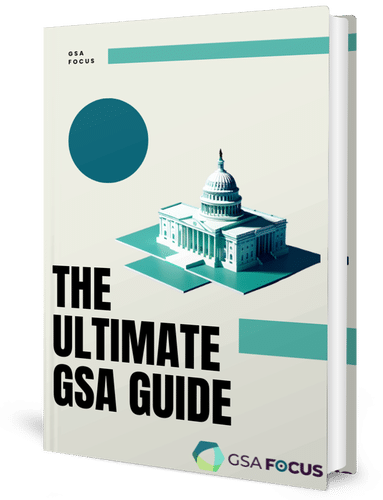There are nine contract opportunity notice types available in SAM.gov. The government maintains policies and regulations to govern the entire acquisition process. Opportunity notices represent official actions, including pre-award, award and post-award notices. Please reference appropriate policy to ensure compliance for other requirements.
Pre-Award Notices
Special Notice– Agencies use Special Notices to announce events like business fairs, long-range procurement estimates, pre-award (pre-bid/pre-proposal) conferences, meetings. This category also encompasses opportunities such as: request for information (RFI), or draft solicitations and draft specifications for review.
Sources Sought– The Sources Sought notice is a synopsis posted by a government agency seeking possible sources for a project. It is not a solicitation for work or a request for proposal. For more information, see FAR 7.3.
Presolicitation– The pre-solicitation notice makes vendors aware that a solicitation may follow. Vendors may add themselves to the Interested Vendors List, if the posting agency has enabled this feature. This helps government agencies determine if there are qualified vendors to perform the work scope and allows the contracting office to gather information on the interested vendors. The pre-solicitation notice also helps the government determine if the requirement can be set-aside for a small business if capable small businesses respond.
Intent to Bundle Requirements– The notice type “Intent to Bundle Requirements (DoD-Funded)” (ITB) supports the requirements in Section 820 of the Fiscal Year (FY) 2010 National Defense Authorization Act (NDAA) for contracting officers to post a notice of intent to use contract bundling procedures 30 days prior to releasing a solicitation or placing an order (if a solicitation is not required). This requirement applies to all federal agencies awarding actions funded solely with DoD funds.
Solicitation– A document that clearly defines government requirements so businesses can submit competitive bids. A “Request for Proposal” (RFP) is one type of solicitation used by federal agencies.
Combined Synopsis/Solicitation– Most opportunities classified this way are open for bids from eligible vendors. These opportunities include specifications for the product or service requested and a due date for the proposal. The notice will specify bidding procedures in the details of the solicitation.
Award Notice – When a federal agency awards a contract in response to a solicitation, they may choose to upload a notice of the award to allow the interested vendors to view the vendor receiving the awarded contract, and amount agreed upon. However, requirement guidelines for posting the award notice vary based upon the agency and the solicitation.
Post-Award Notices
Justification– This type of notice is required to justify and obtain approval to award a contract without posting a solicitation as required by the Federal Acquisition Regulation (FAR). 41 U.S.C. 253(c) and 10 U.S.C. 2304(c) authorize, under certain conditions, contracting without providing for full and open competition. The Department of Defense, Coast Guard, and National Aeronautics and Space Administration are subject to 10 U.S.C. 2304(c). Other executive agencies are subject to 41 U.S.C. 253(c). Contracting without providing for full and open competition or full and open competition after exclusion of sources is a violation of statute, unless permitted by one of the exceptions in FAR 6.302.
Sale of Surplus Property– When the federal government no longer needs federal real estate properties, they may make these properties available for public use to state and local governments, regional agencies, or nonprofit organizations to state and local governments. Public uses for properties are those that are accessible to and can be shared by all members of a community, and include community centers, schools and colleges, parks, municipal buildings and many more.





